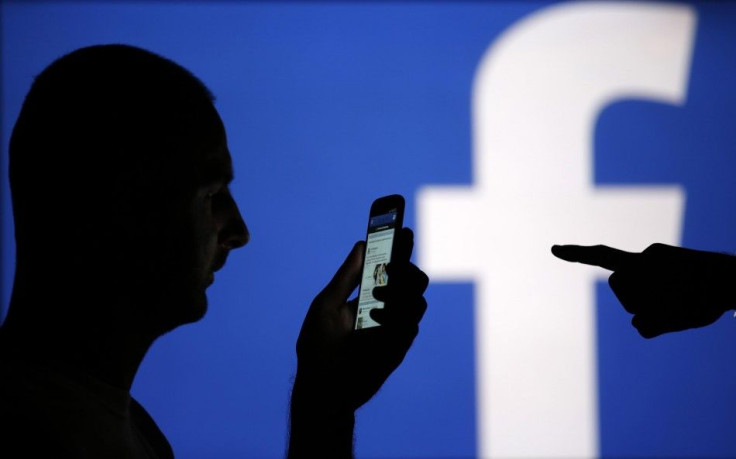Facebook to E-Money Attempt Could Challenge Retail Banks; Lessons From Yahoo

Facebook eyeing the e-money or remittance service is still in the works seeing a glaring future at the right position to make a dramatic impact.
A commission's fraction could bring in huge revenues to the social media network. India, for instance, is a large remittance recipient, getting $71 billion from Indians outside the country in 2013.
Facebook's reached over 100 million users in India, its largest second to the U.S., and the figures are still increasing. Such huge population gives Facebook some type of a drawback days earlier. This winter, Facebook stopped its rollout of new design because it was not friendly to some users. The new design looks great on contemporary computers having sharp and big monitors, but some of its users are still on old computers with small screens, clicking browser scroll bars.
Thus, Facebook ditched the photo-enriched new design and switched back to the 2009 look, because it works well for the majority of the users.
It is quite interesting that a site as big as Facebook has to cater to old-fashioned users, which could be a hindrance to its innovative spirit. For this reason, there have been whispers that Facebook is the next Yahoo. Yahoo also deals with flexibility failures because it considers its huge population, making it vulnerable to be left behind by startup companies, which could live up to the modern users' expectations.
But CEO Mark Zuckerberg realizes this and is currently doing something. In the past few months, he spent billions to buy Instagram, Oculus and Whatsapp. He does not want to copy Yahoo's mistake.
It's not that Yahoo did not try to years back. They did but made a big mistake. Yahoo's history tells of its attempt to buy a startup firm worth $1 billion in 2006.
In the last minute, then CEO Terry Semel backed out, and wanted to make a deal to reduce the $1 billion to $850 million. Semel was not aware that the startup company's owner was reluctant to sell the company, but would only let go if it is for a billion dollars. Thus, when Semel attempted to go for $850 million, the deal was totally dropped.
In its attempt to save $150 million, Yahoo lost $150 billion. The startup company it was about to purchase was Facebook and the owner who would not settle for less than a billion dollars was Mark Zuckerberg.
Now, Zuckerberg's acquisition of WhatsApp makes the Indian user-base to further increase. This means exchange of more messages. This could be converted to revenues when it finally operates remittance service.






